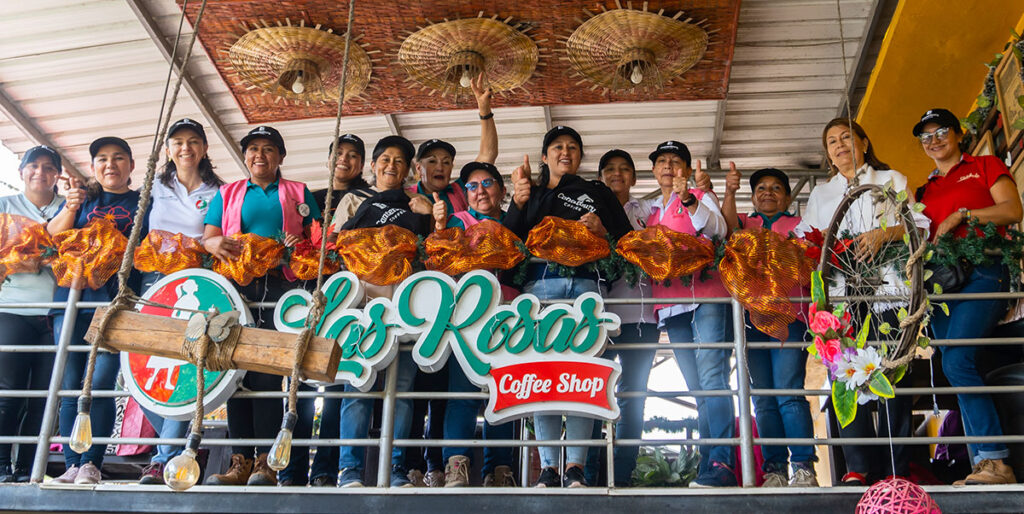
Angela Pelaez has been around the coffee industry her whole life. She’s the sustainability manager for RGC Cofffee in Bogota, Colombia. Her grandparents were coffee growers, and she’s worked in all aspects of the coffee supply chain.
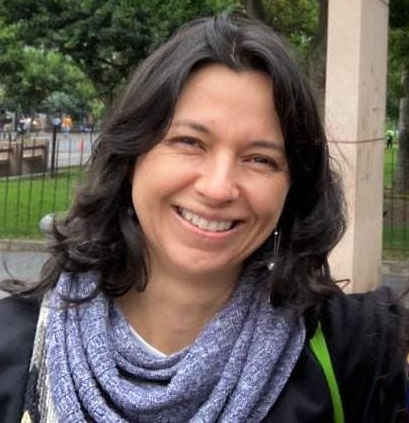
As a young woman, visiting coffee farms, she was struck by something: flowers and colours.
“I remember when we would go to a farm were the family is thriving, you would always see flowers. Lots of flowers, lots of colours. Beautiful plants, everything organized and clean. And if we would visit a farm where things weren’t going well, it would look totally different. No colours, no flowers. Just surviving. For that reason, our program name is Las Flores Del Café because flowers are synonymous with thriving communities”.
RGC Coffee, with a variety of partners, has been running the program “Las Flores Del Café” for the last seven years.
The goal is to improve the employment of women in the coffee supply chain, so that they are an integral part of the economic activity of coffee communities.
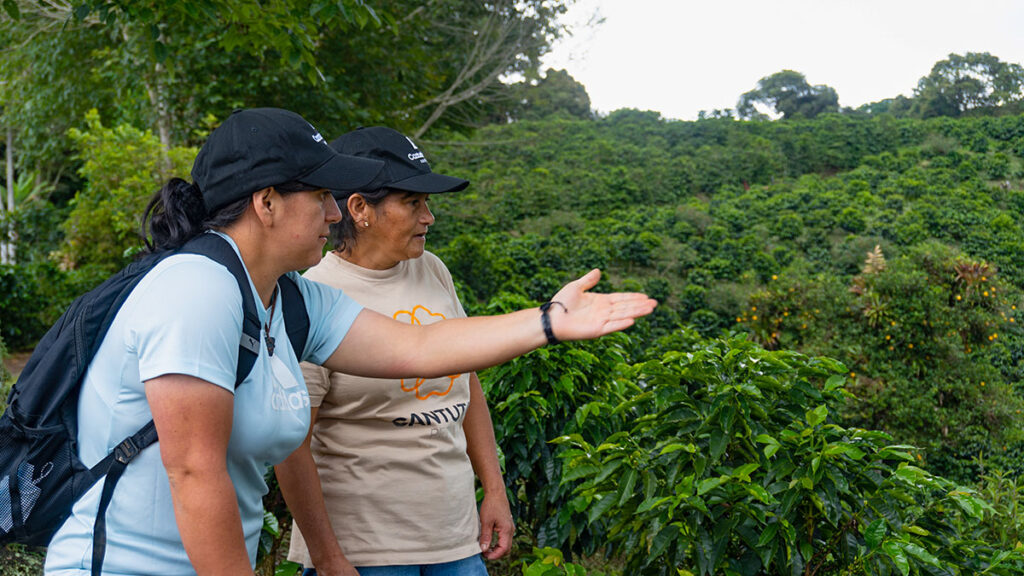
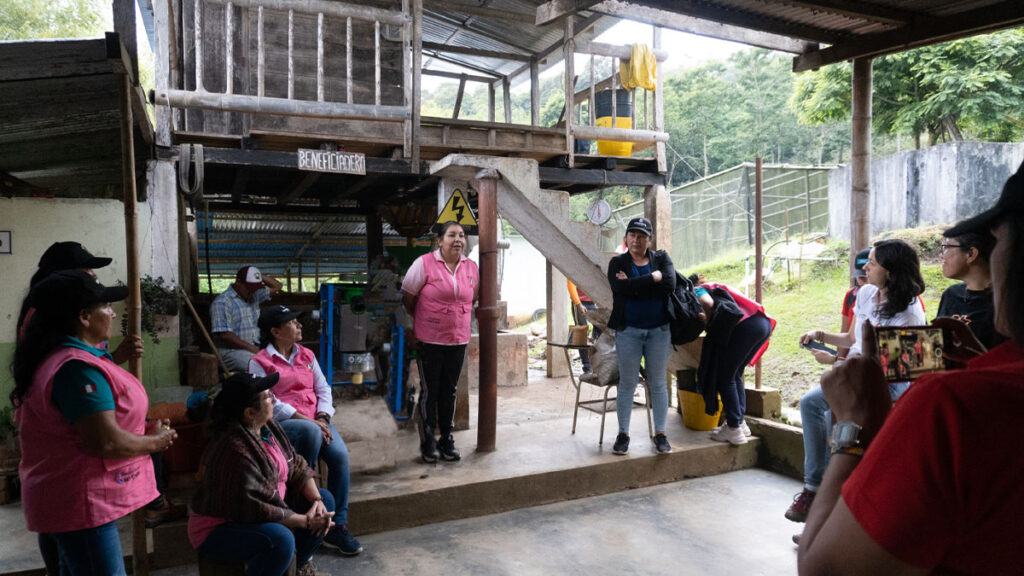
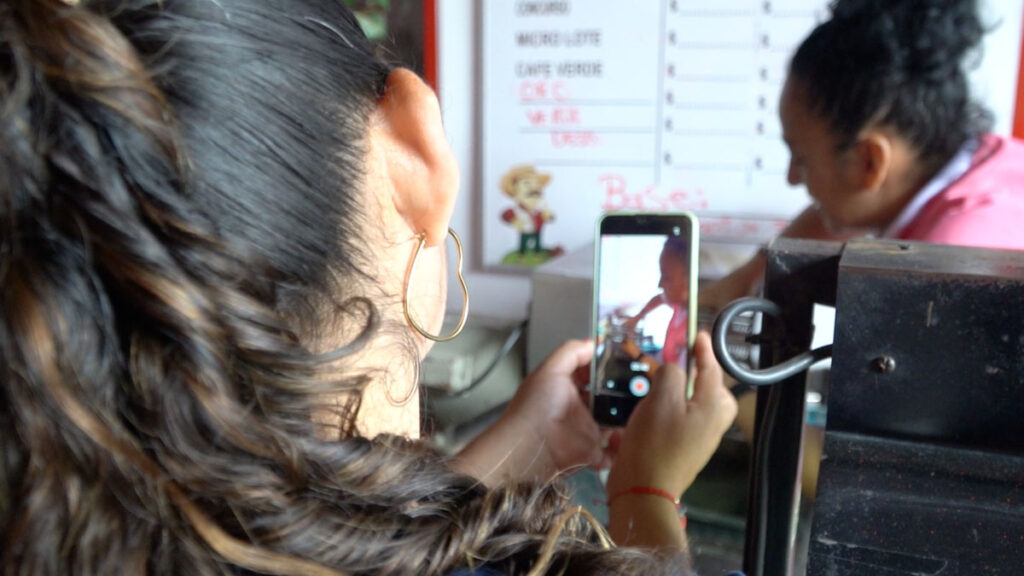
The program relies on peer to peer training. In the most recent workshop (in November of 2022) they invited a number of women from Peru to join them in Colombia. There, they were teamed up with a diverse group of experienced women who shared their goals and culture with them. Angela says, “the point is to show them that it’s possible. It’s better than 10 years of technical training because by going to this one place, they see that it’s possible”.
Partners for the November program included Las Rosas Women’s Group, Solidaridad, and Canterbury Coffee.
Rosela – one of the project participants from Peru
This trip for me is extremely important because it will help me to make changes in the district where I live. It represents learnings that will change our lives in many ways…to enable women to move forward.
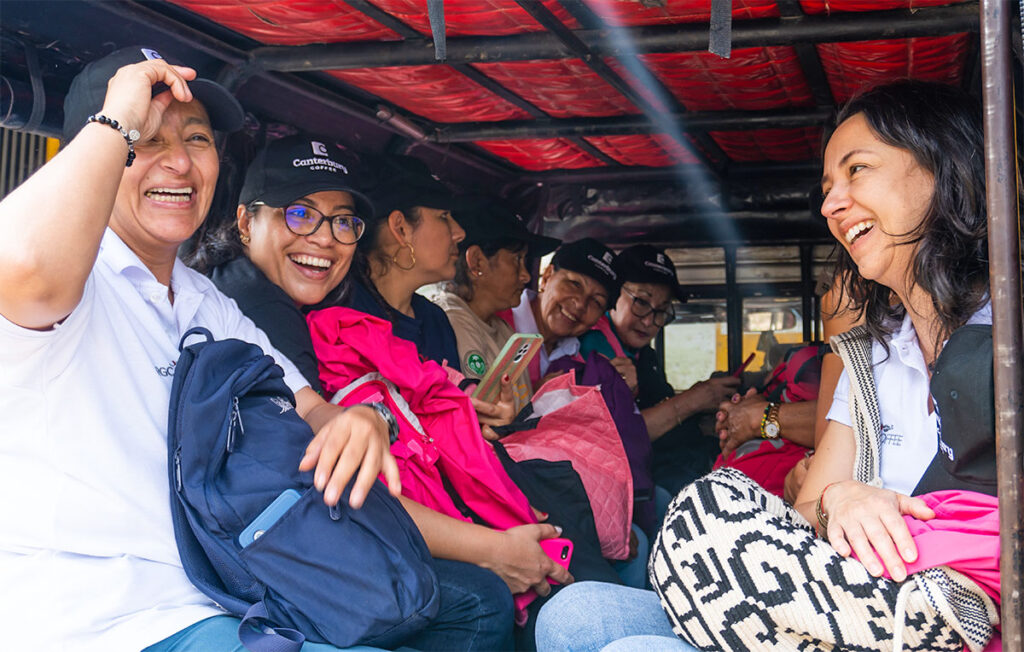
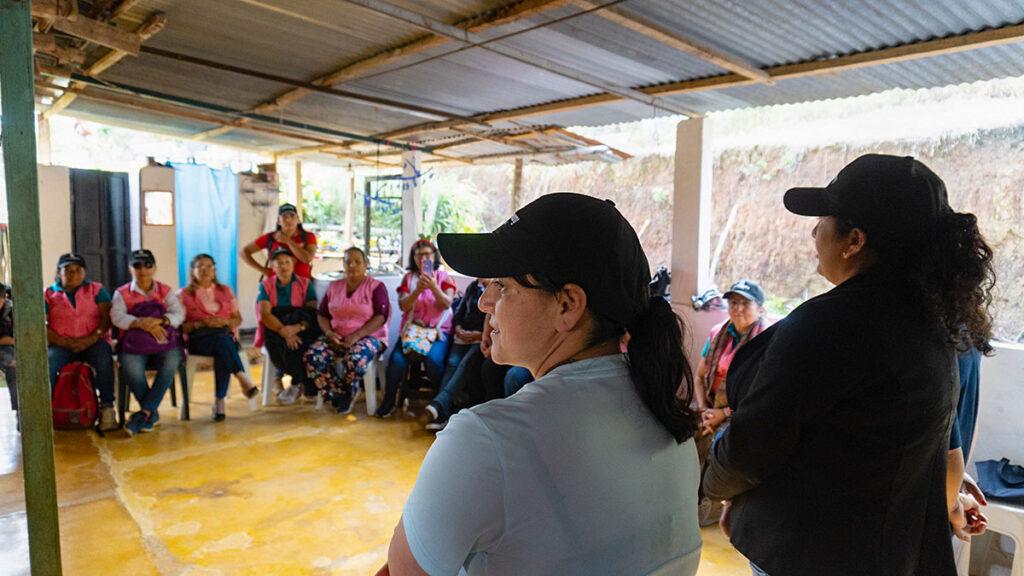
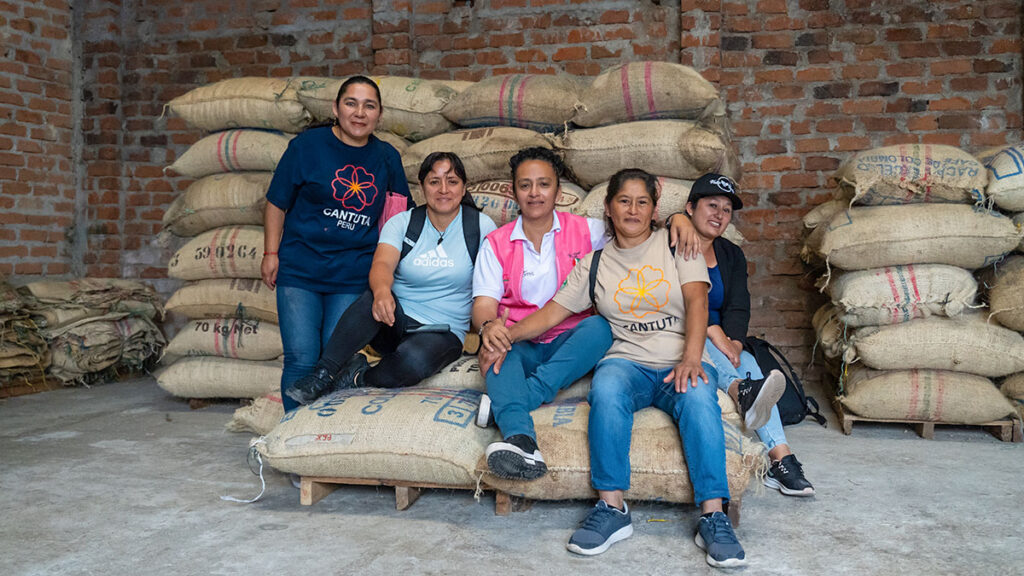
For a lot of the participants from Peru, it was the first time they’d travelled outside their own village. The five day workshops were held in La Plata, Huila, in northern Colombia.
Angela says, “usually projects are focused on more of the same. More productivity, more quality. But people have to remember that coffee is there because of the people. These are communities and families. If they aren’t strong and functioning, you can’t produce the coffee. For that reason, our first step in everything is to work with people, their families, their communities. We talk about things like empathy, innovation, creativity, compassion, even with our technical teams”.
The program is centred on 3 main pillars:
- Social recognition and social empowerment
- Economic employment
- Productivity and quality
Angela points out that coffee projects typically start with productivity and quality. She stresses that “you cannot skip social recognition and social empowerment. Because if you want to make changes over the long term, you have to change people. The other things are simple. The most difficult thing is to change people.”
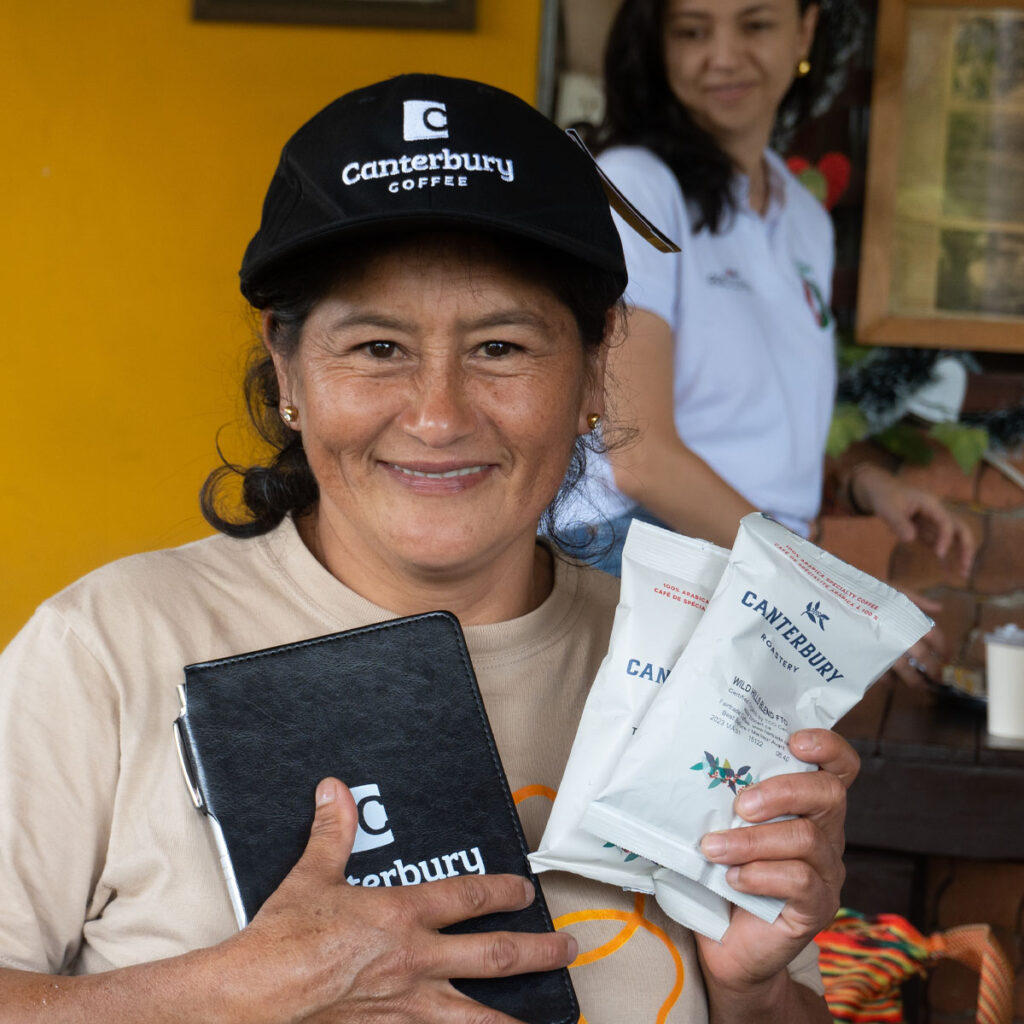
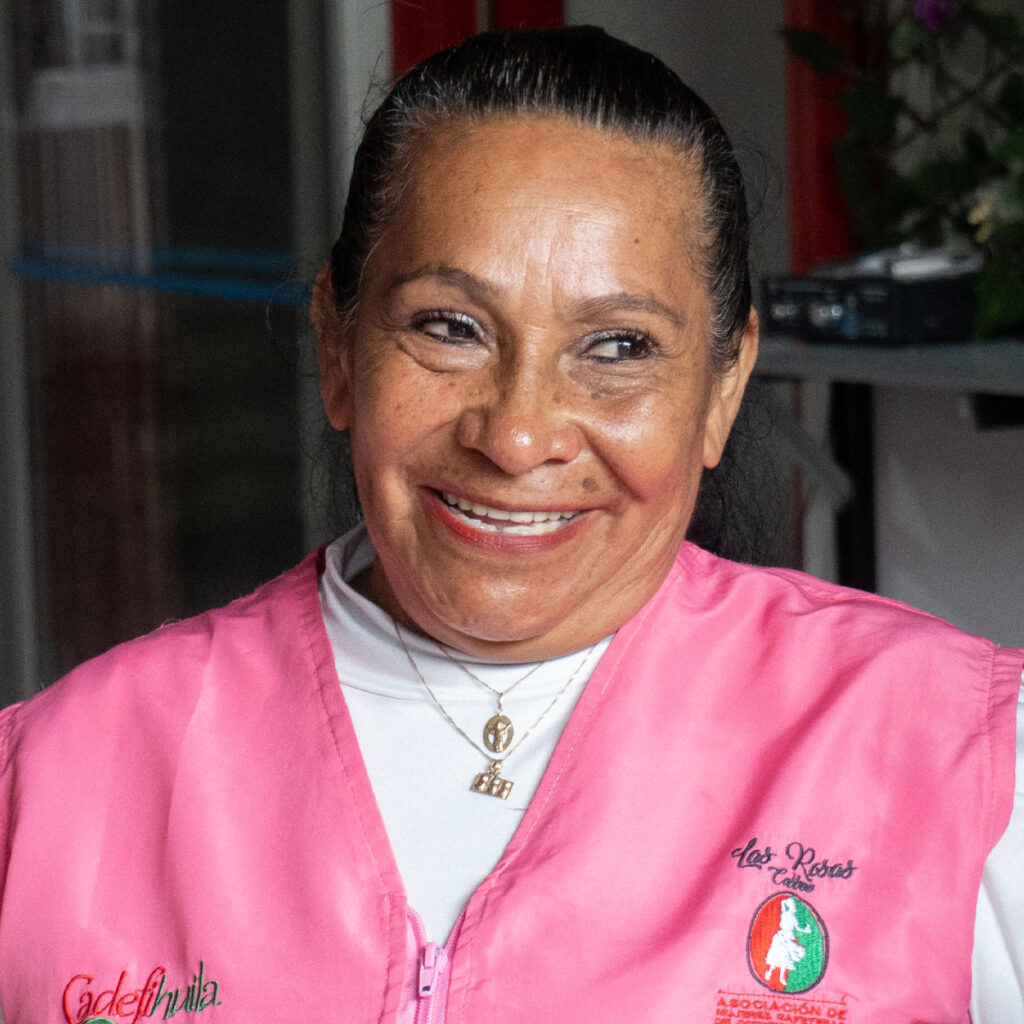
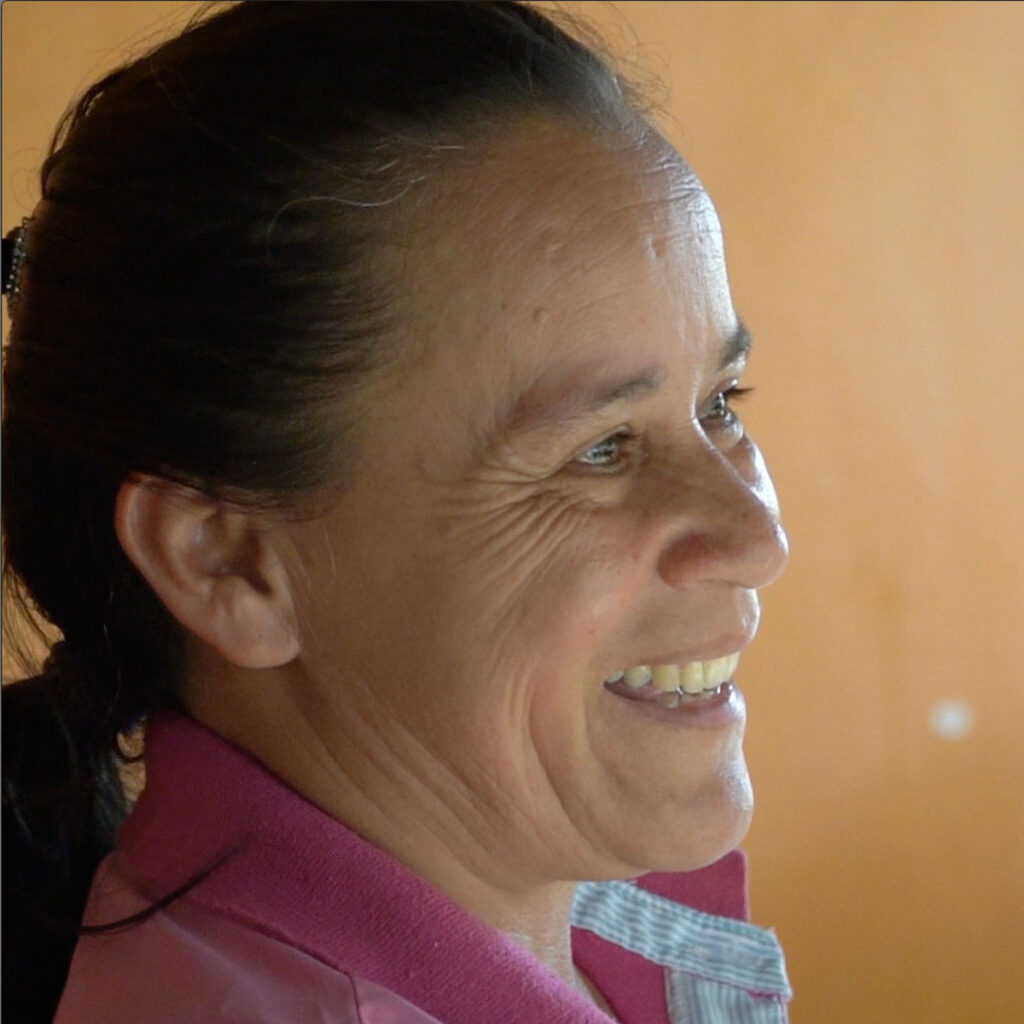
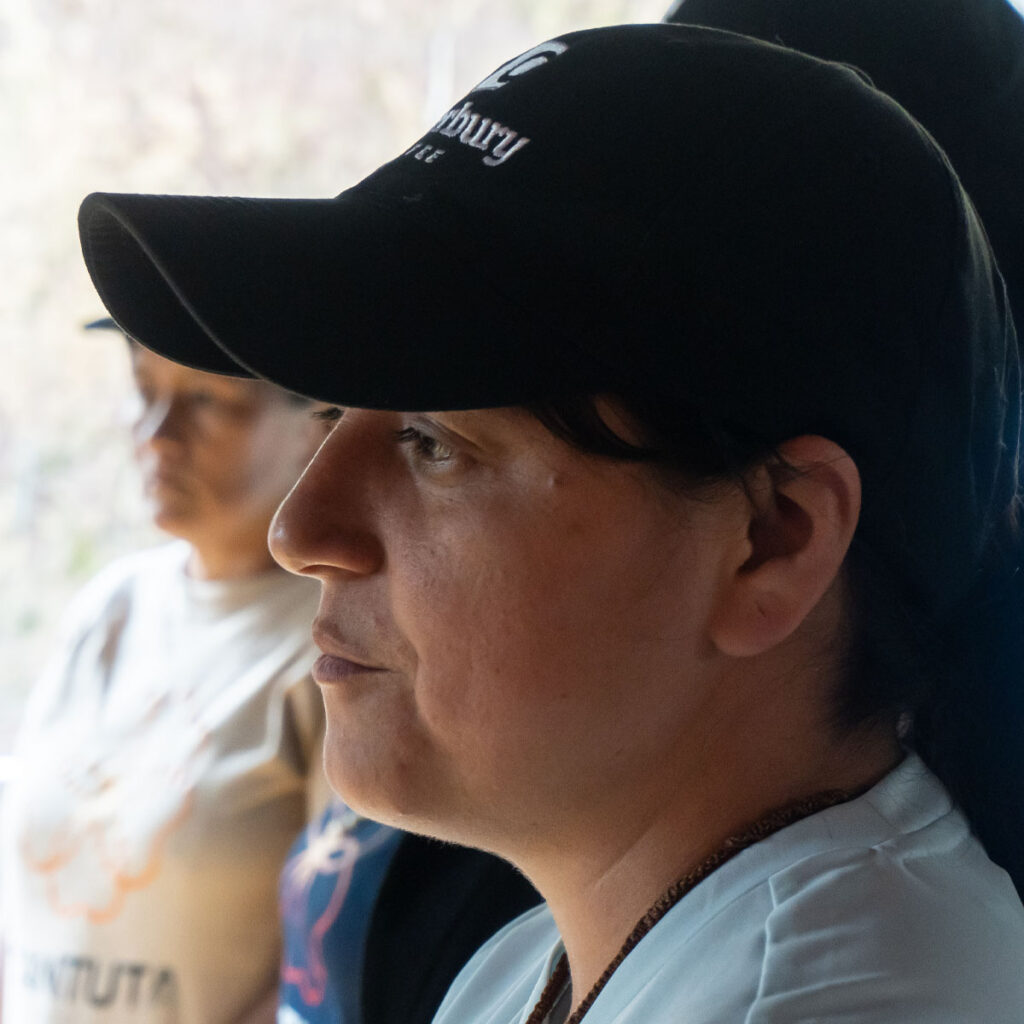
After the 5th year of the program RGC Coffee took an unusual step in sharing information about the project. Instead of commissioning a research paper or impact assessment of the program, they hired songwriter Katie James to create a song with the community.
Angela explains: “we wanted something that would represent the main impact of what had been achieved. In one part of the song they say: One day one person will drink a cup of our coffee. They will be smiling while drinking our coffee. What they don’t know is that we are smiling, too. “
The song is called You Hear My Voice and RGC commissioned a video on the making of the song.
For Angela, the most important thing is that the women learn from other successful women.
“They realize that they can live from what they are doing, that their job has dignity. For people in rural regions, it’s difficult for them to see the end result – they don’t know who the buyer is, where the coffee is going. Here, they discover they are important, and that they are entrepreneurs who are learning how to make their business better.”
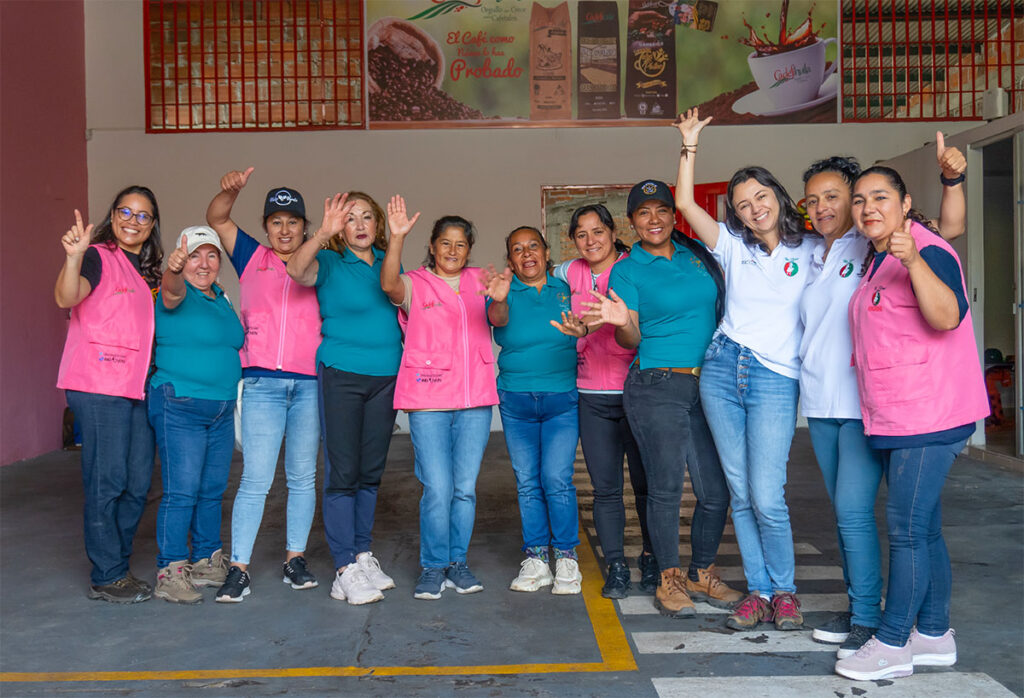

Canterbury Coffee provided assistance for the conference and is honoured to have an on-going association with RGC and Las Rosas Women’s Group as part of our Giving Back Program.


